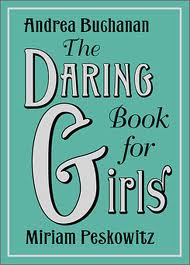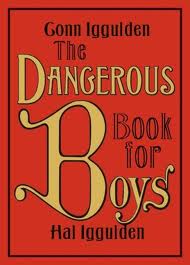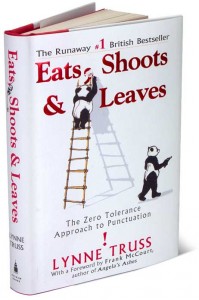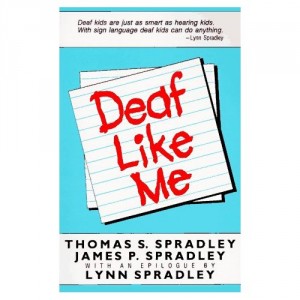Monday

Tuesday
7th Grade ELA: Bell Ringer; Begin reading/annotating “Teen Sleep” (article); Assessment Practice
8th Honors ELA: Bell Ringer; Begin reading Fahrenheit 451
8th Grade ELA: Bell Ringer; Begin Reading/Annotating “It’s Complicated (396) Assessment Practice
Wednesday
7th Grade ELA: Bell Ringer; Begin Reading/Annotating “Start Time” (article) Assessment Practice
8th Honors ELA: Bell Ringer; Continue reading Fahrenheit 451
8th Grade ELA: Bell Ringer; Begin Reading/Annotating “Outsmarting Smart Phones” (407) Assessment Practice
Thursday
7th Grade ELA: Analytical Grammar; Begin Assignment (Google Classroom)
8th Honors ELA: Bell Ringer; Continue reading Fahrenheit 451
8th Grade ELA: Bell Ringer; Begin Assignment (Google Classroom)
Friday
7th Grade ELA: Bell Ringer; Quizzes; assignment due
8th Honors ELA: Bell Ringer; Quiz; Fahrenheit 451
8th Grade ELA: Bell Ringer; Quizzes; assignment due





